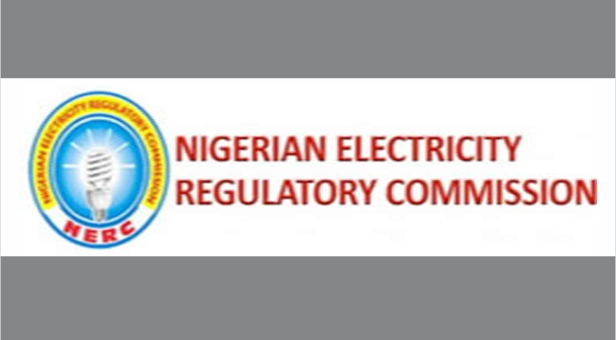NERC: Gas Shortage Contributed 74% of Power Sector Limitations

The Nigerian Electricity Regulatory Commission, NERC, has disclosed that a larger part of the constraints experienced in the country’s electricity sector in the first quarter (Q1) of 2018, was contributed by shortage of gas to power generation companies (Gencos).
The NERC in its Q1 2018 quarterly report of activities in the sector, explained that 74 per cent of the operational constraints the market recorded within the period was from shortage of gas to the Gencos, while 18 per cent; three per cent; and five per cent of the constraints were linked to distribution; transmission and water management issues respectively.
The report also coincided with disclosure by the Power Advisory Team in the office of the Vice President, Prof. Yemi Osinbajo, that an estimated amount of ₦461.564 billion have been earned by the power sector in 2018 on account of insufficient gas supply; distribution; transmission; and water reserves issues.
According to the NERC, resolving these constraints have remained its priority, hence, its decision to begin implementing actionable items in its strategic plan for the sector.
“As stated in the 2017-Q4 report, resolving these constraints remains as a top priority of the commission. On its part, the commission has started executing the actionable items identified in its 2017-2020 strategic plan towards addressing constraints in transmission and distribution networks.
“The commission has initiated a process for thorough technical assessment of Discos’ utilisation of capital expenditure allowances for relevance and cost efficiency.
“The commission is also planning a tariff reset that adequately provides for revenue requirement necessary for TCN and Discos’ optimal performance,” the NERC stated.
It added: “Similarly, to resolve the issue related to gas supply shortage, the government has started the implementation of gas payment assurance facility for power generation to enable Gencos fulfil their payment obligations to gas suppliers.”
Turning to the status of the country’s transmission network, the NERC explained that although there was no partial system collapse in the quarter under review, total system collapse however worsened, increasing from one recorded in the last quarter of 2017 to six the first quarter of 2018.
It added: “Five of the system collapse incidents occurred in January 2018 while one occurred in February 2018. The system collapse was attributed to lack of generation by Egbin, Olorunsogo and Omotosho power plants, among others, due to gas constraints which resulted from the breakdown in the Escravos gas pipeline.
“This incident confirms the concern that the commission expressed in the previous reports, on how sudden operational disruption in some plants could affect grid stability given the share of the industry output contributed by those plants.
“Second, the system collapse incident was also partly attributable to lack of adequate ancillary services which the System Operator could have used to offset the impact on the grid of the plant(s) that suddenly shut down their operation.”
NERC noted that it was working with the Transmission Company of Nigeria (TCN) on procurement of adequate ancillary capacity in order to forestall frequent system collapses.
As regards the commercial performance of the sector, NERC stated that financial illiquidity has remained the most significant challenge affecting the industry’s sustainability.
“This serious liquidity challenge is partly attributed to non-cost-reflective tariffs, and high technical and commercial losses aggravated by consumers’ apathy to payment arising from estimated billing and poor quality of supply in most load centres.
“Out of the ₦171.1 billion billed to customers in the first quarter of 2018, only ₦106.6 billion was recovered, representing 62.3 per cent collection efficiency.
“Therefore, out of every ₦10 worth of electricity sold during the quarter under review, ₦3.8 is uncollected. The liquidity challenge in NESI was further reflected in the Discos’ remittances relative to NBET’s and MO’s invoices.
“In the first quarter of 2018, whereas Discos were issued a total invoice of ₦163.1 billion for energy received from NBET and for the service charge by MO, only ₦51.2billion – 31.4 per cent, was settled by Discos, creating a huge shortfall of ₦112.0 billion,” the NERC report added.









0 Comments